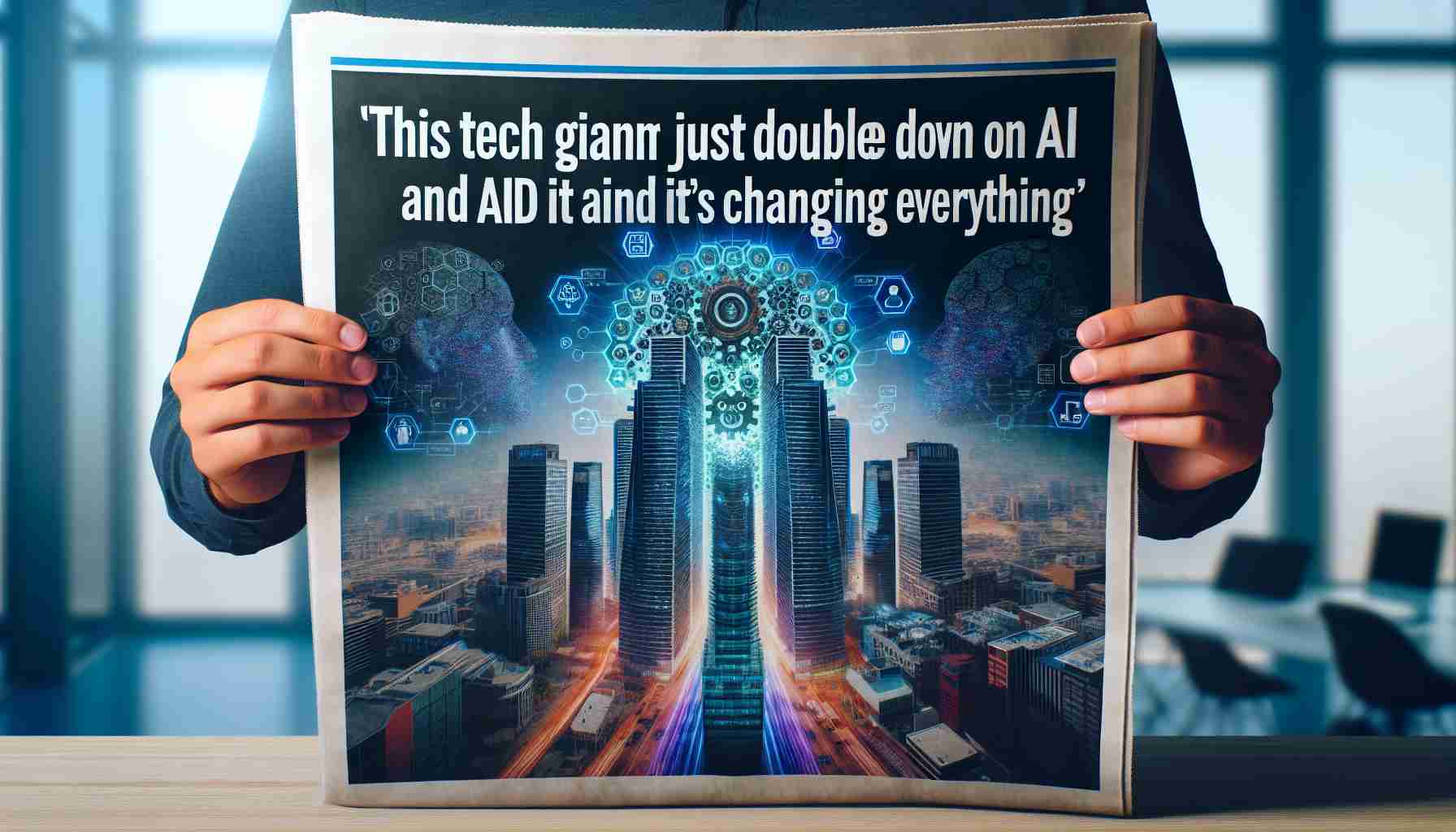A cutting-edge software application integrated with artificial intelligence (AI) has been introduced to revolutionize the operations of the City People’s Council in Ho Chi Minh City. This innovative tool aims to enhance the efficiency of council activities by providing advanced functionalities such as text summarization through AI, simplifying document understanding for council members to facilitate more accurate and effective feedback. Moreover, the software enables text-to-speech and speech-to-text functions, allowing councilors to access information effortlessly.
The ultimate goal of this software is to streamline the process of drafting resolutions and facilitating thorough document review by council members. With this technological advancement, councilors can swiftly access and review relevant documents related to the resolutions under consideration, including legal texts and documents from various city agencies. This advancement marks a significant departure from the traditional method of distributing physical documents for review, offering a more dynamic and accessible approach.
Implemented as part of the digital transformation plan in Ho Chi Minh City, this AI-supported software is the first phase of a larger project to develop virtual assistants for public servants and city leaders. The initiative, a collaborative effort by the Department of Information and Communications and relevant agencies, is set to enhance workflow productivity for officials while enabling city leaders to make timely and informed decisions. This strategic move aligns with the city’s digitalization roadmap, promising to elevate the overall efficiency and decision-making processes within the city administration.
Exploring the Impact of AI Technology on City Governance
As the integration of artificial intelligence (AI) technology continues to revolutionize city governance, important questions arise regarding the implications and challenges associated with this transformative shift. How does AI technology in city governance affect citizen engagement and participation? What are the key considerations in terms of data privacy and security when implementing AI solutions in city operations? Let’s delve deeper into these aspects while highlighting the advantages and disadvantages of leveraging AI technology in city governance.
Citizen Engagement and Participation: One crucial aspect of using AI technology in city governance is its potential impact on citizen engagement. While AI-powered systems can enhance efficiency and decision-making processes, there is a concern that they may inadvertently reduce direct interaction between city officials and residents. Ensuring that AI tools complement rather than replace human-centric approaches to governance is essential for maintaining transparency and accountability in decision-making processes.
Data Privacy and Security: With the vast amount of data involved in AI-driven city governance systems, safeguarding data privacy and security becomes paramount. Questions arise about how AI algorithms handle sensitive citizen information and whether proper measures are in place to prevent data breaches or misuse. Striking a balance between utilizing data for improved services and protecting personal privacy is a critical challenge that city administrations must address when implementing AI technologies.
Advantages of AI in City Governance: The use of AI technology presents numerous advantages, including increased operational efficiency, faster decision-making processes, and enhanced accuracy in data analysis. By automating routine tasks and providing valuable insights from vast data sets, AI tools enable city officials to allocate resources more effectively and respond swiftly to emerging challenges. Additionally, AI systems can identify patterns and trends that human operators may overlook, leading to more informed policy decisions.
Disadvantages of AI in City Governance: Despite its benefits, AI technology in city governance comes with its share of challenges and controversies. Concerns about algorithmic bias, where AI systems exhibit discriminatory behavior based on biased data inputs, raise ethical and fairness issues in decision-making processes. Moreover, the reliance on AI solutions may lead to job displacement or deskilling among city workers, necessitating retraining programs to adapt to changing work dynamics.
In navigating the complexities of integrating AI technology into city governance, addressing these important questions and challenges is crucial for ensuring the responsible and effective use of AI tools. By leveraging the advantages of AI while proactively mitigating its disadvantages, city administrations can harness the full potential of technology to enhance public services and decision-making processes.
For further insights on AI’s impact on governance and public administration, you may explore relevant resources on AI Governance.






















